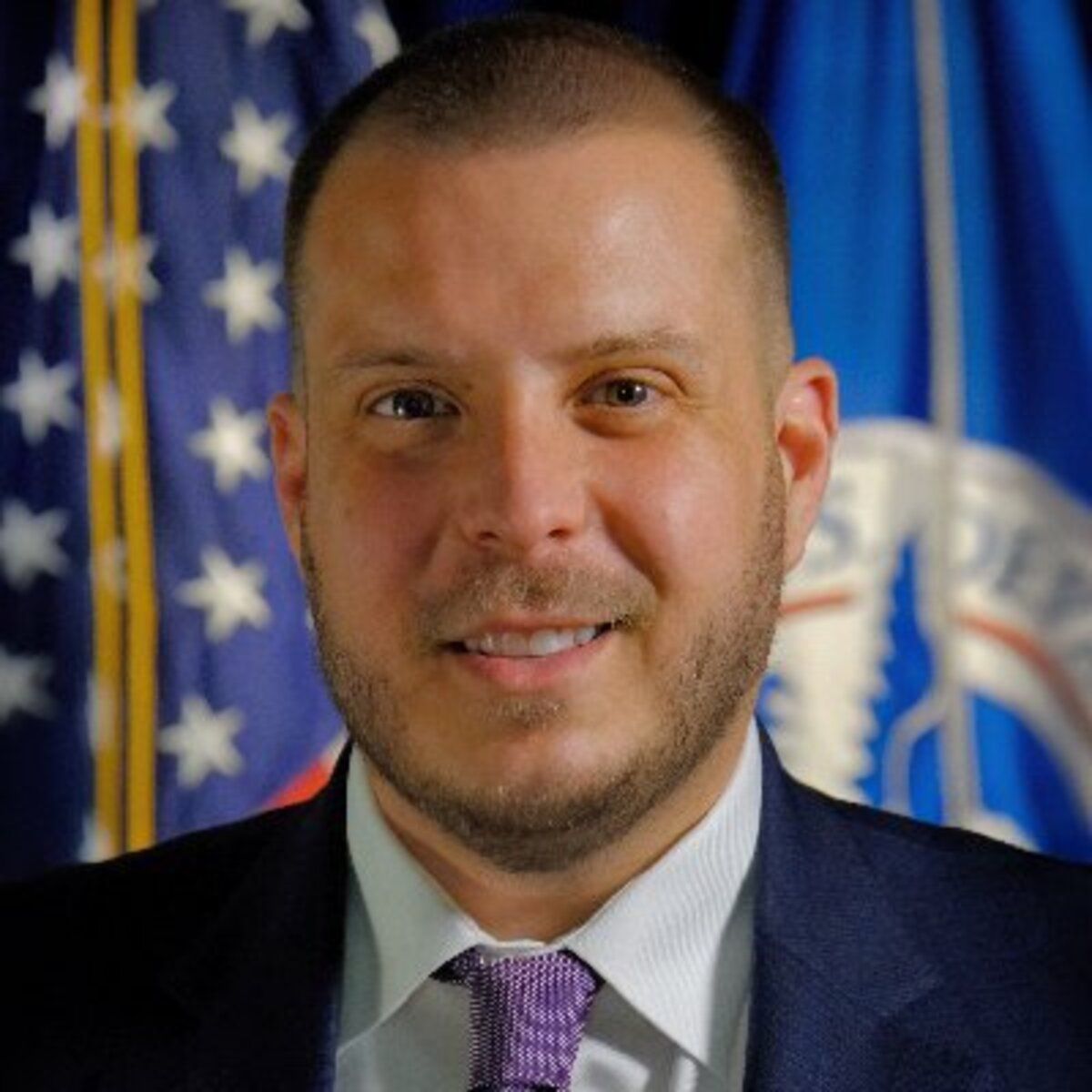Latinos are on the front lines of climate change and its associated extreme weather events. We at FEMA learned this lesson when Hurricane María brought untold devastation to the island of Puerto Rico in 2017, leaving behind nearly $90 billion in damage, and upending the lives of thousands in its wake. The burden on Latinos increases when you also consider all other risks like cyber-attacks, public health emergencies and beyond.
Across the United States, Latinos are 43% more likely than non-Latinos to live in areas where they are unable to work due to “climate-driven increases in high-temperature days,” the U.S. Environmental Protection Agency (EPA) reports.
As wildfires, hurricanes and flooding become more frequent and severe, nearly 1 in 3 people in the United States experienced a weather disaster in the summer of 2021, according to a Washington Post analysis of federal disaster declarations. Dr. Michael Mendez has documented how these natural hazards exacerbate existing inequalities within Latino communities, especially for undocumented and Indigenous migrant groups. Echoing this reality, more than 70% of Latino adults believe that climate change is affecting their community, as reported by Pew Research.
Left Out and Forgotten
Growing up in a Mexican American family of immigrants and in an active flood zone in California informs my work as the Associate Administrator of FEMA’s Office of External Affairs. It underscores the importance of reaching these communities and others that have been historically shut out, left out and, frankly, forgotten so that they are prepared for the inevitable consequences of climate change.
FEMA’s mission is to help people before, during and after disaster. This requires that we do everything in our power to reach all communities we serve, using equity as a lens to accomplish this goal. FEMA Administrator Deanne Criswell expects us to be “people first” in all that we do.
This means developing messaging that is both accessible and culturally competent for specific audiences, in ways that are relevant to their own lived experience. We are doing this by providing high-quality, research-based disaster preparedness messaging through our Ready and Listo Campaigns. We started with the Latino community, the fastest growing ethnic population in the country, which grew by 23% in the last decade, according to the U.S. Census.
FEMA has partnered with the Latino-owned media marketing company, Lopez Negrete Communications, to support this endeavor, along with the Ad Council. As was evidenced during the 2020 Census and the COVID-19 pandemic, many members of the Latino community have a reasonable suspicion of the government. Given that nearly 40% of Latinos worry they or someone close to them could be deported, this shouldn’t come as a surprise. It’s true for many families born from a history of immigration to the U.S. like mine.
So, it’s not enough to simply translate materials into Spanish. We needed to go further and design content for specific communities with local, trusted messengers if we wanted any chance of a government-based messaging campaign to resonate.
Through extensive market research and focus groups, as well as the lived experience of Latino members of the FEMA workforce, we found that some Latinos are more likely to prepare for a disaster when they learn about a risk and are reminded that they’re responsible not just for their own lives but for the safety and emotional well-being of their family. Some in our community see themselves as resilient and natural planners, considering the planning needed for the special family moments in our lives, such as a birth, an anniversary, a posada or quinceañera.
In September 2021 FEMA released our “Prepare to Protect” campaign in Spanish and English designed specifically for Latino audiences.
As a direct result, the Listo.gov —the Spanish version of Ready.gov— had a 500% increase in visits to the “Haga un Plan” page, and a 400% increase in visits to the “Prepare un Kit” page.
Given this success, we prioritized other communities disproportionately impacted by disaster. With the Ad Council and Creative Theory Agency, we reached Black and African American communities with the “A Lasting Legacy” campaign in partnership with Howard University. One PSA features a family.
Another features students.
Additionally, our multifaceted campaign to reach older adults —specifically with limited resources and/or access issues for functional needs, and those living in rural areas— turned into PSAs, a partnership with The Rosalynn Carter Institute for Caregivers, and disaster guides for older adults and caregivers. These campaigns continue to run in media markets nationwide.
For this year’s National Preparedness Month, we announced a focus on engaging Asian Americans, Native Hawaiians, and Pacific Islanders, which represents another first for FEMA in how we are meeting people where they are.
Tailored Information
People crave —and need— information that is tailored specifically for them. We are optimistic that this level of engagement will continue to help us reach communities in ways that we haven’t been able to do before. Our goal isn’t just to build awareness about preparedness, but to motivate changes in behavior to ready communities before disasters strike. And what we have learned through developing messaging with and for Latinos continues to shine a light on how we must listen to, reflect, and engage all communities.
We have a long road ahead to strengthen how government engages the communities it serves, but these are steps forward to ensure that all communities, including the Latino and other historically underserved populations, are prepared for all the hazards they face.
About the Author
Justin Ángel Knighten is a senior official in the Biden-Harris Administration who serves as the Associate Administrator of FEMA’s Office of External Affairs, which includes many divisions as well as the nation’s Ready and Listo Campaign.
The Latino Newsletter welcomes opinion pieces in English and/or Spanish from community voices. You can email our interim publisher, Julio Ricardo Varela. The views expressed by outside opinion contributors do not necessarily reflect the editorial views of this outlet.
